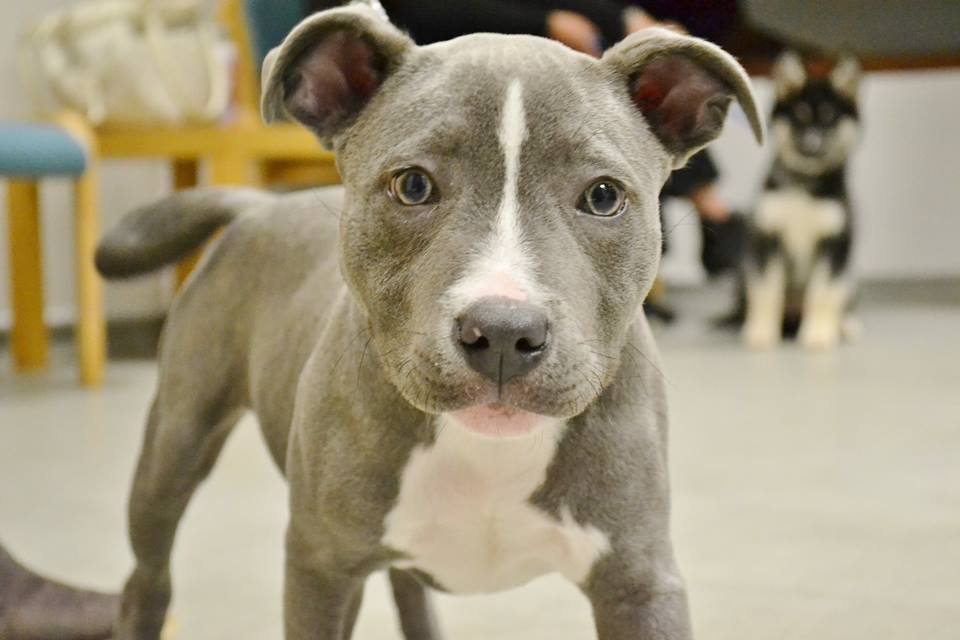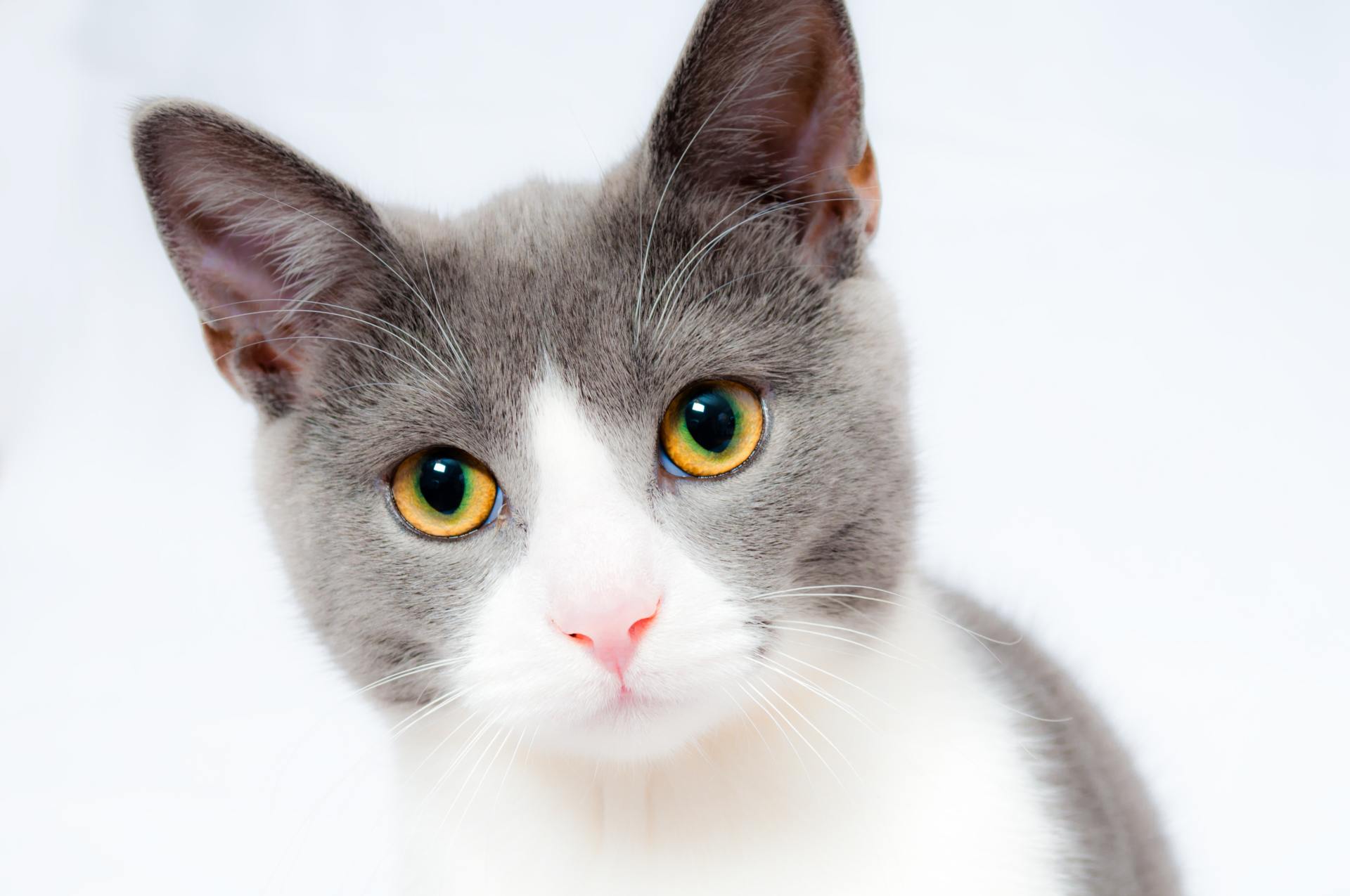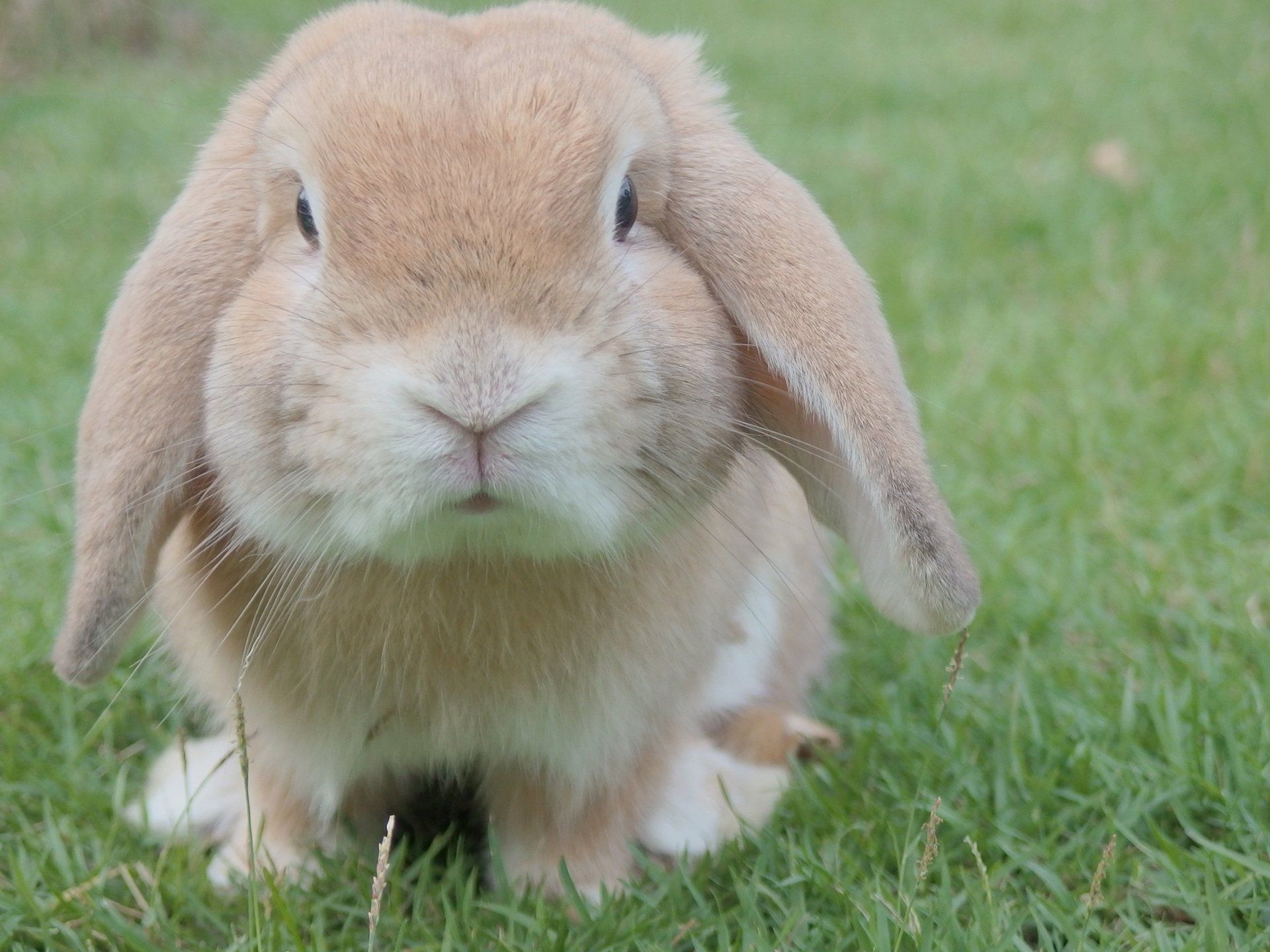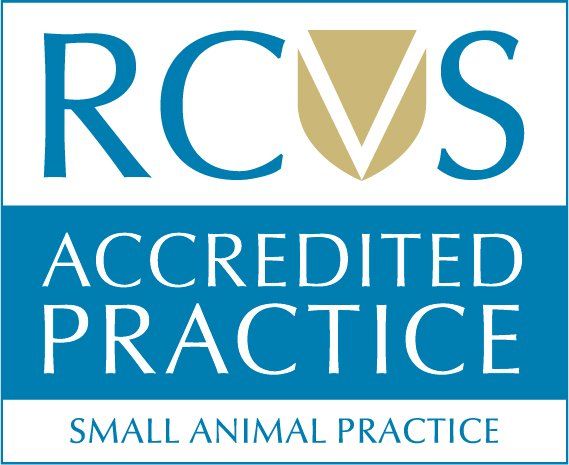Neutering is the term used to describe an operation that prevents male and female animals from breeding. It involves the removal of the uterus and ovaries in female animals; and the testicles in male animals by a Veterinary Surgeon, under general anaesthetic.

Dogs
Female dogs
Male dogs

Cats
Female cats

Rabbits
Female rabbits

Why Neuter?
Neutering can prevent many medical and behavioural issues. With anything related to behaviour, it is important to remember that neutering isn't always a quick fix. The behaviour itself can become learnt, even if it is driven by hormones.
Neutering can prevent:
Pyometra in female pets. A potentially fatal condition, where the uterus fills with pus.
Mammary and Testicular tumours developing in later life.
Un-castrated males can develop prostate diseases.
False pregnancy
Pets wandering or straying, Particularly entire male cats and dogs
Unwanted litters
Urine spraying in tom cats

Booking your pet in for neutering
We advise booking in a pre-op check a few days before neutering.
This allows us to explain the procedure and give your pet a health check. We want to make sure they are healthy enough to undergo an anaesthetic.
We can also check female pets for any signs of season, false pregnancy or pregnancy.
Male pets will have their testicles checked to see if they have descended. If one is retained, the surgery may be slightly more complicated.
After the pre-op check we will be able to find an appropriate day for the surgery.
Our operating days are Monday to Friday with admission between 8:30am and 9:15am
Your pet will be required to spend the day with us.
Pre-operative instructions
JURASSIC VETS SIDMOUTH
01395 208620
contact@jurassicvets.com
12 Woolbrook Road
Sidmouth, EX10 9UU
OPENING HOURS
- Mon - Fri
- -
- Saturday
- -
- Sunday
- Closed
JURASSIC VETS COLYTON
01297 613000
contact@jurassicvets.com
Town Mill,Rosemary Lane
Colyton, EX24 6LS
OPENING HOURS
- Mon, Fri
- -
- Tue - Thu
- -
- Sat - Sun
- Closed
Jurassic Vets Limited - registered in England and Wales | Company Registration Number 12993183 | Registered Office: 12 Woolbrook Road, Sidmouth, Devon, EX10 9UU

